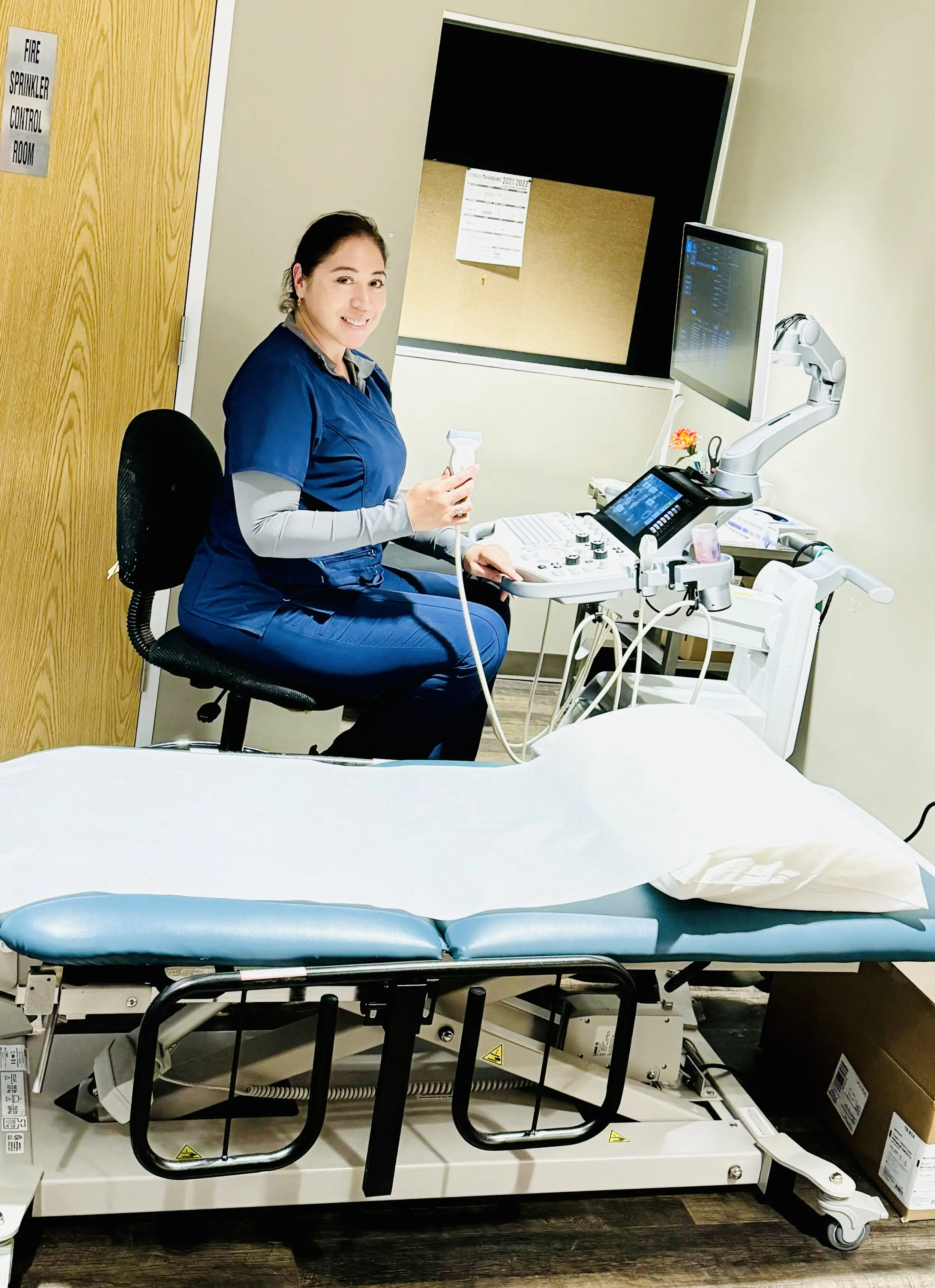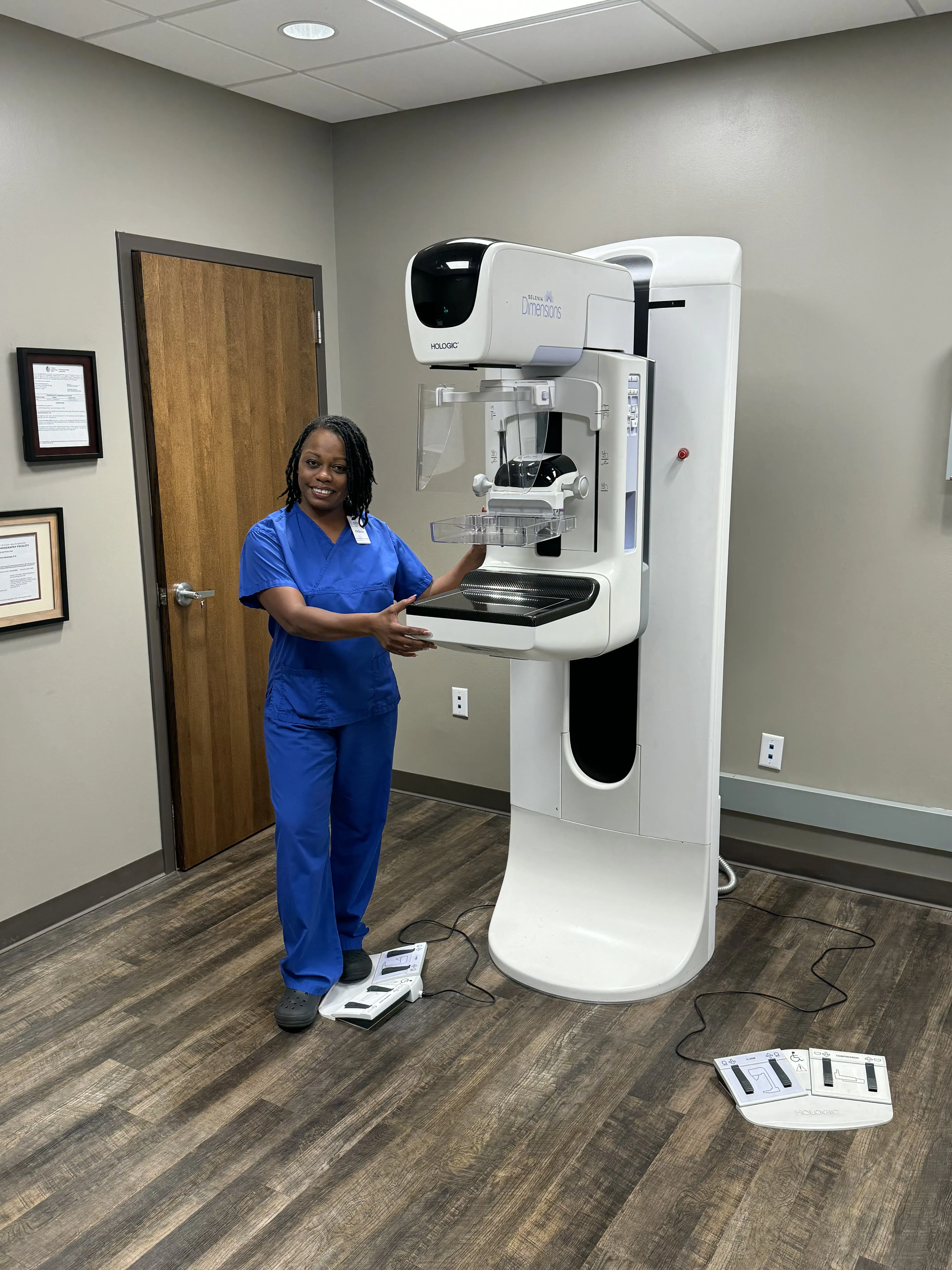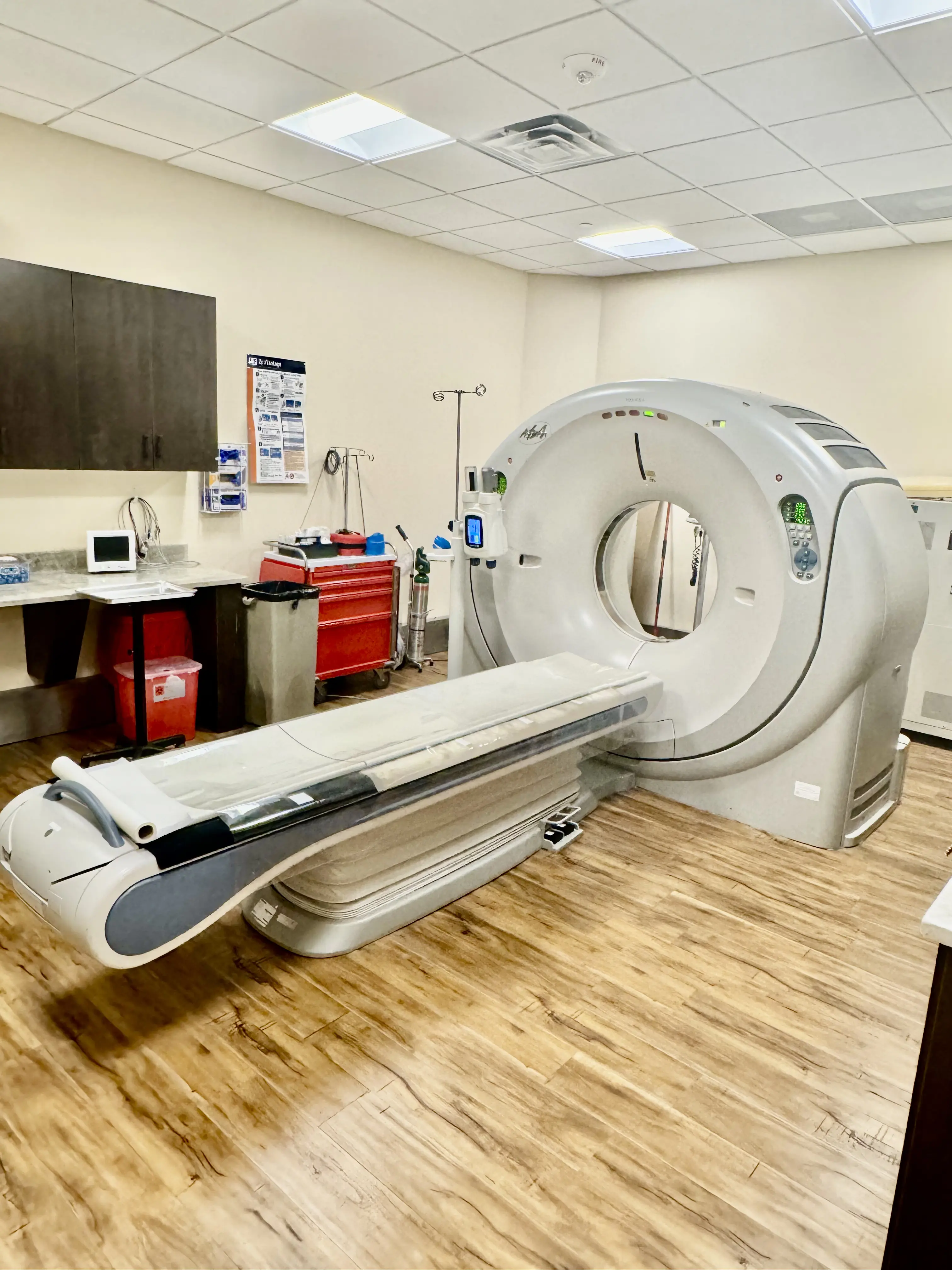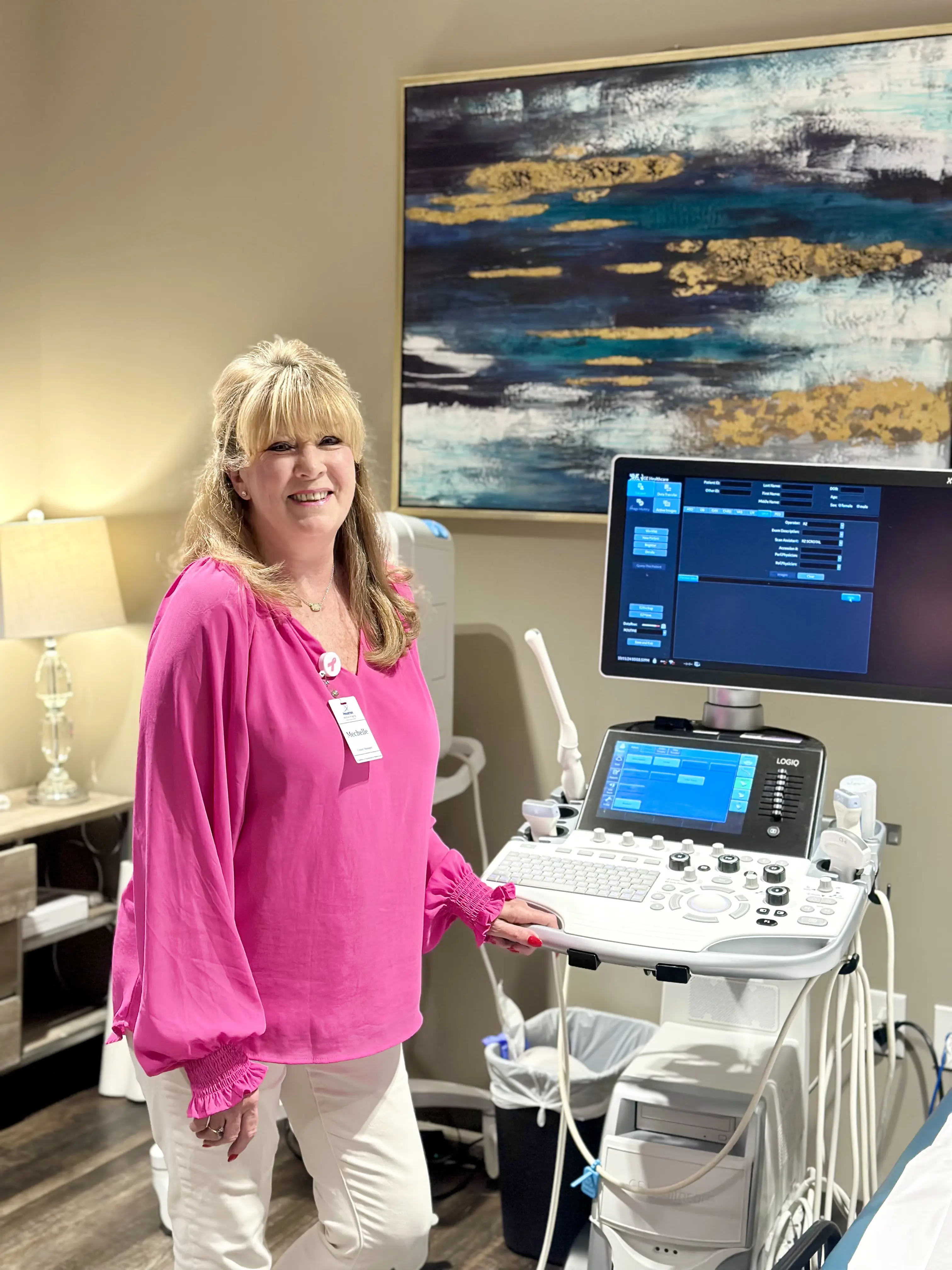CT Scan
A CT scan, also known as a computerized tomogram or CAT scan, uses advanced X-Ray technology to take pictures of the inside of your body. A computer in the scanner reconstructs the data into cross-sectional pictures, called slices or sections. This allows radiologists the ability to see more than what a regular X-ray can provide. Houston Medical Imaging radiologists review and interpret CT scans to diagnose a variety of illnesses, including:
- Abdominal
- Cardiac
- Musculoskeletal
- Neurological
- Spine-related
- Thoracic conditions
Compared to MRI, CT scans provide better evaluation of certain elements such as air, blood and calcifications. This means that air-containing structures, such as the lungs, are better studied using CT. Also, unlike an MRI, a CT scanner is an open machine – you are not enclosed and can see completely around yourself.
Campbell
9180 Katy Fwy, #100, Houston, TX 77055 | (713) 797-1919
Energy Corridor
1155 Dairy Ashford Rd, #105, Houston, TX 77079 | (713) 797-1919
Common Uses of CT
CT can be used for cancer detection and can even determine the size and shape of a tumor, where it’s located in the body, and whether the tumor is solid or hollow. Additionally, CT exams can be used to guide biopsy needle insertion and for radiation treatment and planning. In addition to cancer detection, CT is commonly used for evaluation of post-traumatic injuries as well as for assessment of patients with suspected aneurysm or stroke.
How Does CT Work?
You will be asked to lie down on the CT scanner’s movable table. The table is passed through a large donut-shaped ring, as the scanner begins to take pictures of your body. These are the images that will be reconstructed by the computer into a cross-sectional view. In some cases, the use of a contrast material may be needed to enhance the image. The contrast material may be orally or intravenously administered, depending on the particular type of CT study being performed.
Types of CT Scans
- Low-Dose CT Lung Cancer Screening
Low-dose computed tomography (LDCT) screening for lung cancer is a specialized test that is used to find lung cancer before it is symptomatic and before it has spread. The exam itself is quick and easy. While lying on your back, you are moved through a small donut-shaped machine – not a tunnel – so there is no worry of feeling claustrophobic. There are no needles for contrast or x-ray dye, and no need to fast before the exam.
- Calcium Scoring
This exam is part of a sophisticated high-speed CT exam of the heart. During the scan, which takes just seconds, the equipment measures the amount of calcium present and calculates a score. The lower the score, the lower the potential risk of an adverse future cardiac injury. (Calcium often covers the atherosclerotic plaque that builds up inside arteries. This plaque and calcium can lead to narrowing of the inside of the arteries which could in turn lead to an increased risk of angina, and a heart attack.) This test can assess coronary heart disease, which is often asymptomatic and is the most common cause of death for patients in the United States.
- Computed Tomography Angiography (CTA)
A CTA is an X-ray exam of the arteries and veins to diagnose blockages and other blood vessel problems. It can reveal the integrity of the cardiovascular system in specific areas throughout the body. Combined with the use of intravenous contrast medium injected via a catheter, an angiogram identifies areas of blockage or damaged vessels within the circulatory system. CT and MRI may also be used to gain additional images of the arteries.







